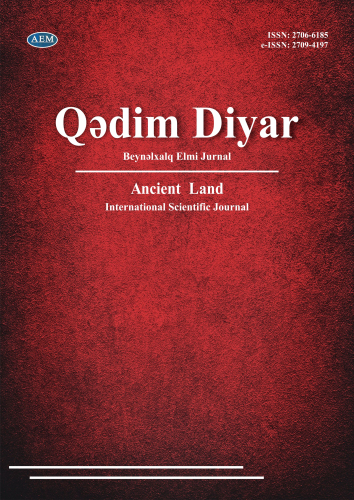https://doi.org/10.36719/2706-6185/45/243-246
Maryam Mukhtarova
Azerbaijan Tourism and Management University
Bachelor
https://orcid.org/0009-0009-6104-6380
muxtarova.meryem2000@gmail.com
Innovative Business Models in Tourism Management: The Role of
Design and Digital Transformation
Abstract
Design thinking and digital innovation are carrying a significant transformation in tourism industry. Using quantitative measures including revenue growth, ROI, operational efficiency, and customer happiness, this study examines the effects of contemporary business models in comparison to more conventional methods. Customer satisfaction with digital solutions has significantly increased, according to a Weighted Net Promoter Score (WNPS) model. At the same time, AI-driven automation lowers expenses by 27%, and operational efficiency increases. Revenue growth exhibits the financial ability of digital adoption, with a Compound Annual Growth Rate (CAGR) of 9.45%. Personalization driven by AI increases conversion rates by 20%, which raises customer engagement. The economic benefit of digital transformation is demonstrated by its 300% return on investment (ROI). Furthermore, sophisticated mathematical models like linear programming and logistic regression attest to the supremacy of AI-driven tactics. These results demonstrate how, in order to stay competitive, tourism-related enterprises must embrace digital transformation. According to the study's findings, combining AI, automation, and design thinking improves customer experiences, boosts productivity, and generates sizable profits. This study offers a data-driven basis for the implementation of creative business models in tourism management.
Keywords: Digital transformation, artificial intelligence AI in tourism, business models, ROI, customer satisfaction, revenue growth, operational efficiency

